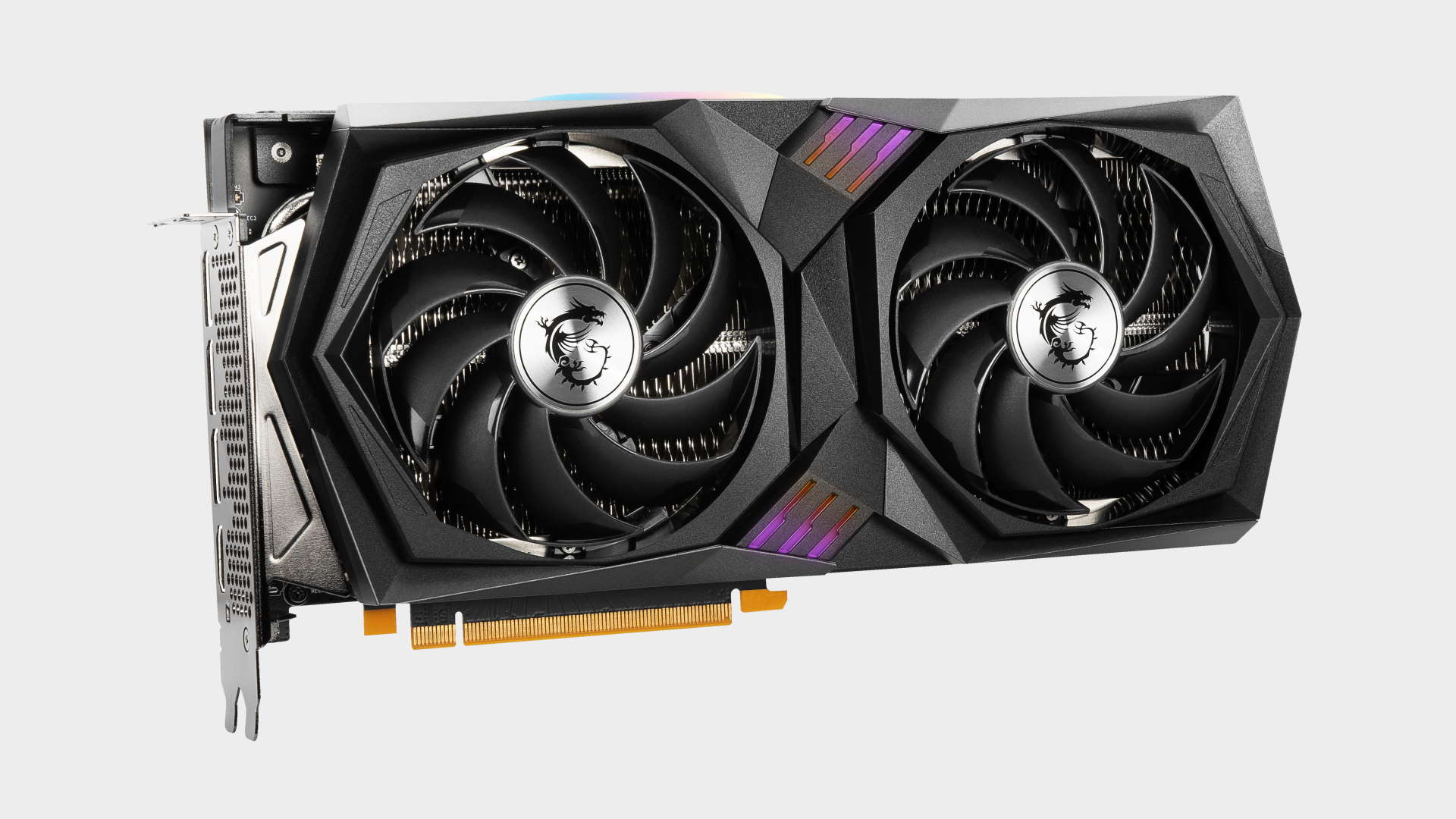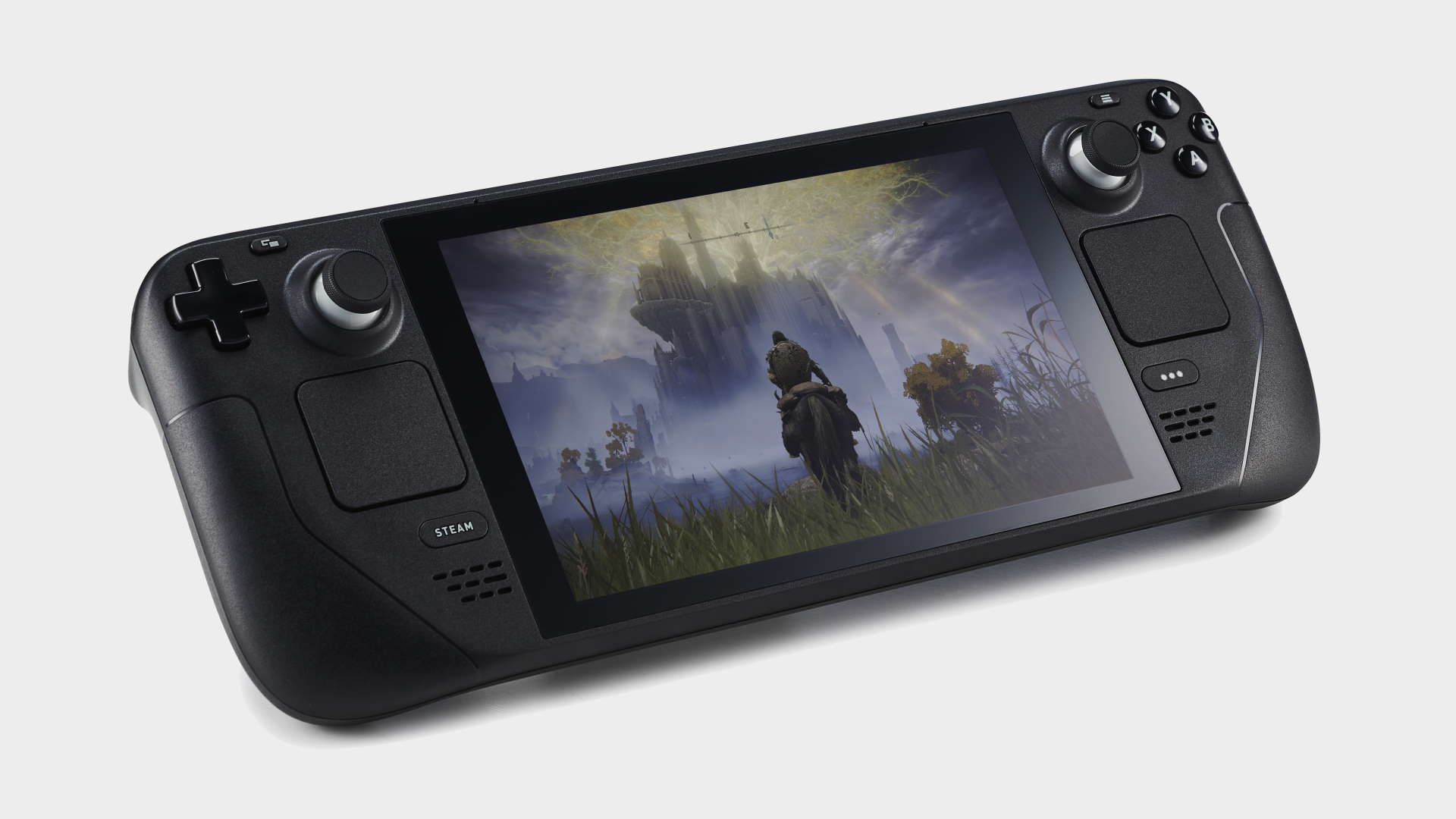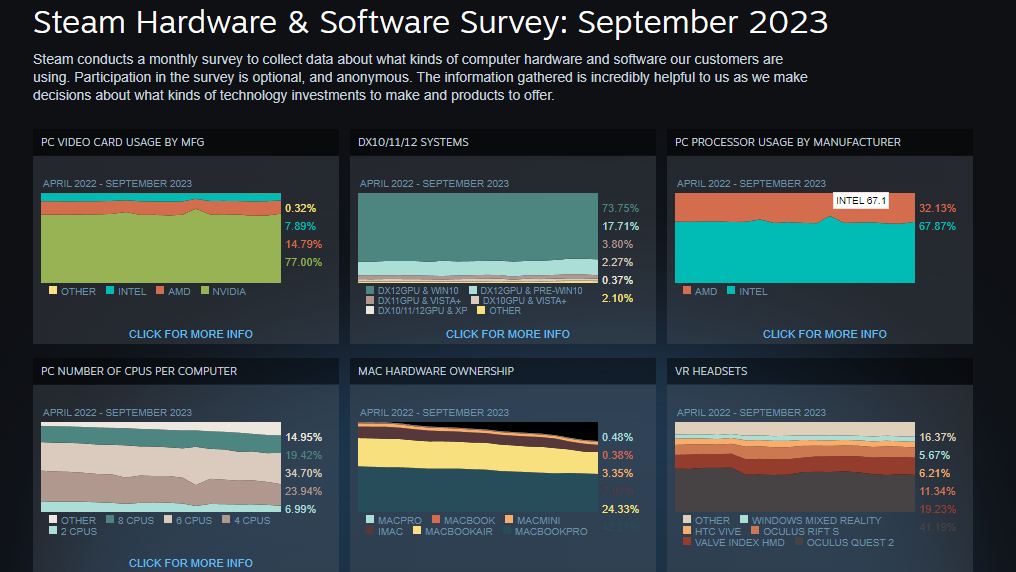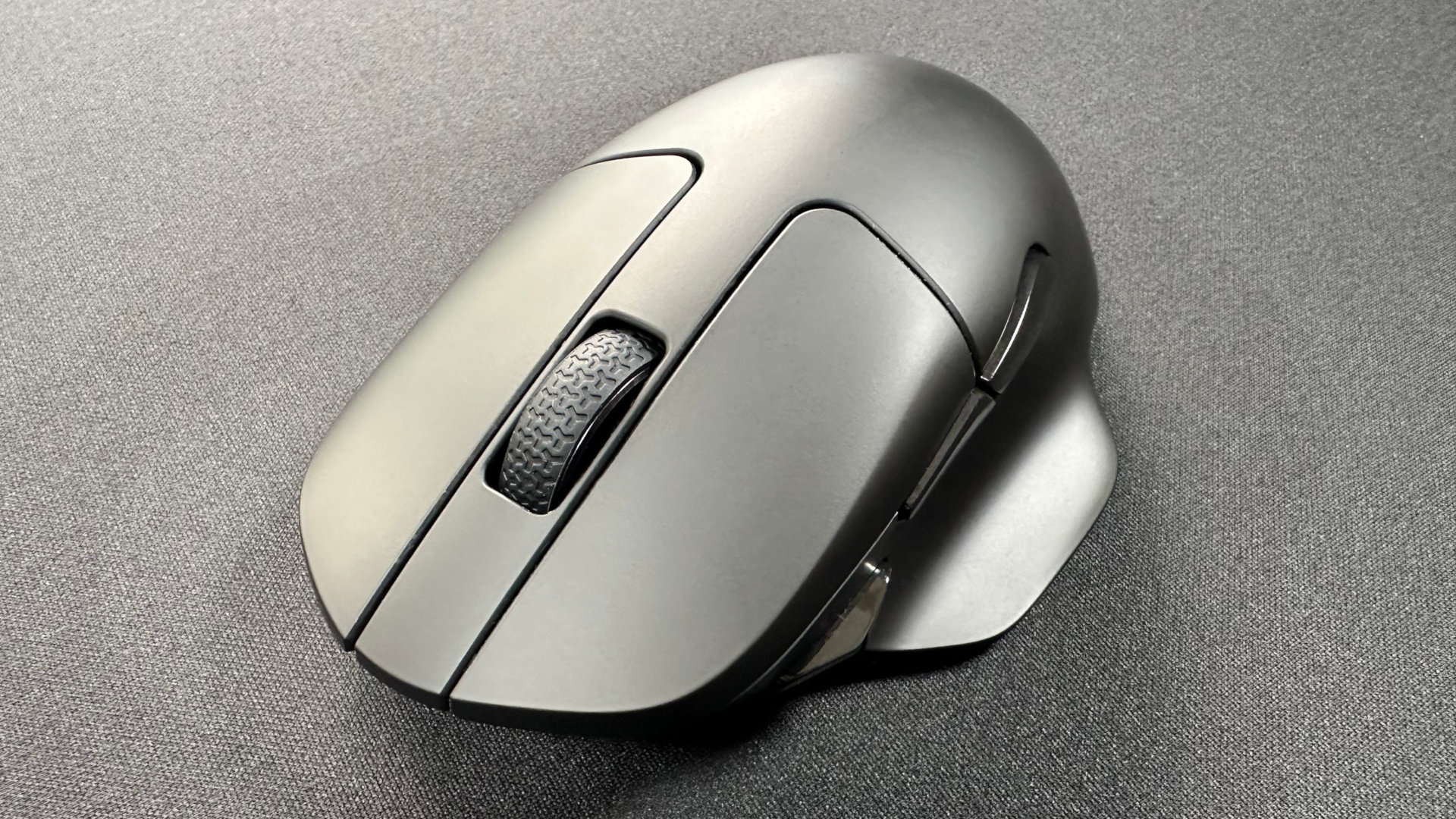There's a new king of the GPUs in Steam's September hardware survey
And CPU core counts continue to rise.

The results of Steam's September hardware survey have been released. Though it's not the last word in what goes on in the PC gaming market, it provides an interesting glimpse into the hardware and software that gamers are using.
According to the September results, there's a new GPU king in town. The Nvidia GeForce RTX 3060 is now the number one GPU among those surveyed. It relegates the previous number one card, the venerable GTX 1650 to second spot.
Month-on-month, the RTX 3060's share jumped 1.4%. That's the largest jump among all DirectX 10 and newer GPUs. That gives it a statistically very large 6.27% of the overall share. But why the jump? The obvious answer is that the price of an RTX 3060 has dramatically fallen from its peaks during the years of extreme mining demand and covid related shortages. And, if you check out our review of the RTX 4060, you'll see it doesn't provide a big uplift in performance over the RTX 3060. The RTX 3060 12GB remains a viable option for gamers on a budget, and given the enduring popularity of cards like the GTX 1060 and RTX 2060, it could be a long time before it is usurped.
The rest of the GPU statistics are unsurprising. The RTX 4060 and RTX 4060 Ti will steadily increase in share over the following months (and years), while AMD's cards struggle to make any traction. The RX 580 is the most popular discrete Radeon GPU, and that's a six year old card. The only RX 7000-series card on the list is the RX 7900 XTX. The Radeon RX 7600 is not listed, though given its relatively low price, it'll surely end up more popular than AMD's most expensive card once it's included.

Steam Deck review: Our verdict on Valve's handheld PC.
Accessories for the Steam Deck: Get decked out
Steam Deck availability: How to get one.
Steam Deck battery life: What's the real battery life of the new device?
Steam Deck - The emulation dream machine: Using Valve's handheld hardware as the ultimate emulator.
Over the last several months, I've been expecting Windows 11 to take a larger market share. It has not. In fact, in September, it actually lost some share to Windows 10. That's a little puzzling. As long as Windows 10 continues to get security and update support from Microsoft, gamers seem to be content with it, or at least see no compelling reason to switch to Windows 11.
On the CPU side of things, the most notable change is the increase in the number of systems with 6-core CPUs. They make up nearly 36% of systems. 4-core systems continue to drop in number. The number of 8-core CPUs fell a little bit. That's likely due to the e-core counts of Intel 12th and 13th Gen CPUs, as the number of systems with 10,12 and 16-cores all increased.
Intel continues to dominate the market, with Intel CPUs being found in more than twice as many systems as those with an AMD CPU.
Keep up to date with the most important stories and the best deals, as picked by the PC Gamer team.
Interestingly, the amount of storage in gaming systems continues to increase. More than 55% of the systems surveyed came with more than 1TB of drive space. With 1TB SSD prices plummeting in recent months, adding a second or third drive is cheaper than ever. And with games requiring ever more disk space, that's a trend that's only going to continue. Valve needs to add 2TB and above 4TB categories.

Again, the Steam Hardware Survey is not a scientifically accurate survey, but with a hundred million or more users, it does give us a glimpse into what's being used by gamers at a point in time.
The TL;DR is that Nvidia GPUs remain far and away more popular than AMD's challengers, gamers are content to hold onto GPUs for many years, the core count and storage amount of gaming systems is increasing, and Windows 11 is very much 'meh'.

Chris' gaming experiences go back to the mid-nineties when he conned his parents into buying an 'educational PC' that was conveniently overpowered to play Doom and Tie Fighter. He developed a love of extreme overclocking that destroyed his savings despite the cheaper hardware on offer via his job at a PC store. To afford more LN2 he began moonlighting as a reviewer for VR-Zone before jumping the fence to work for MSI Australia. Since then, he's gone back to journalism, enthusiastically reviewing the latest and greatest components for PC & Tech Authority, PC Powerplay and currently Australian Personal Computer magazine and PC Gamer. Chris still puts far too many hours into Borderlands 3, always striving to become a more efficient killer.

